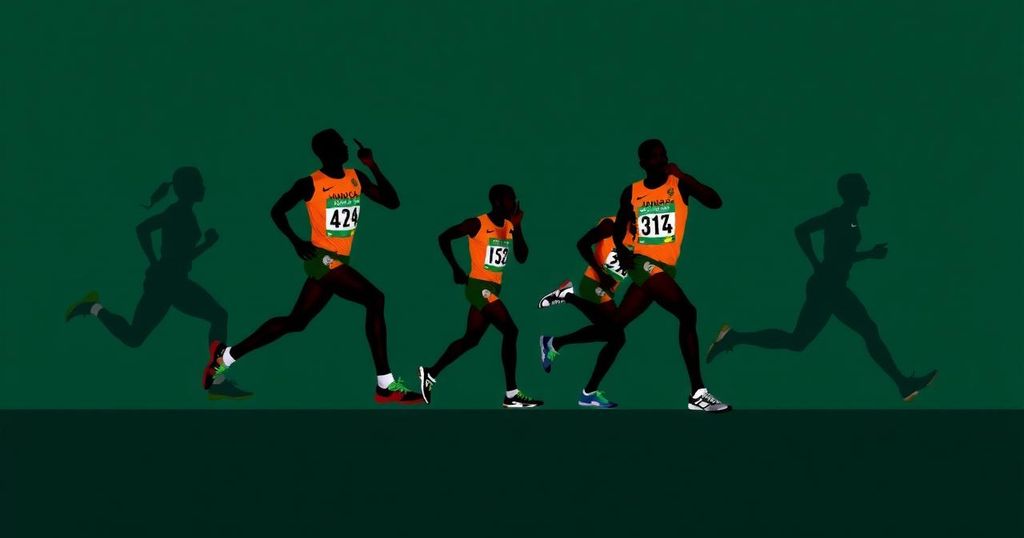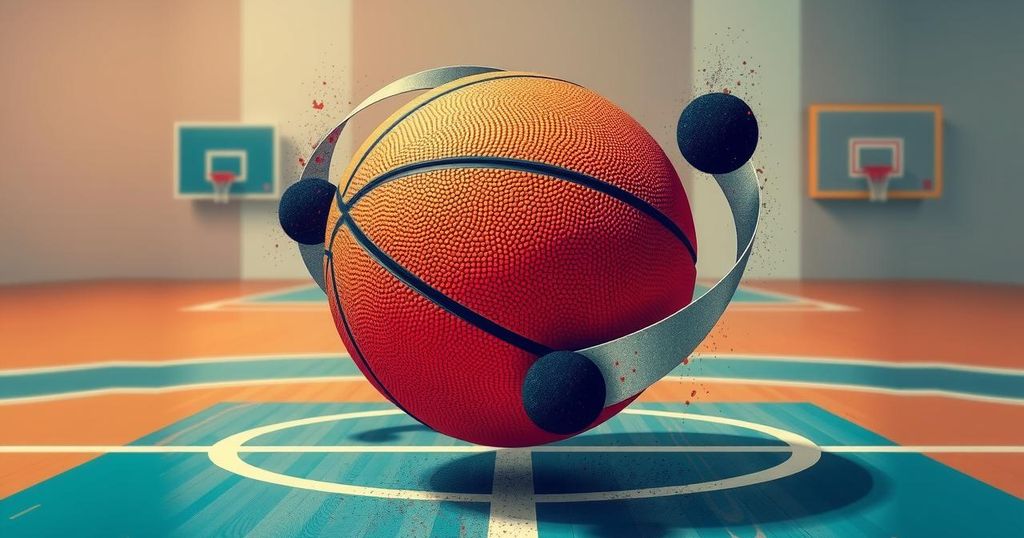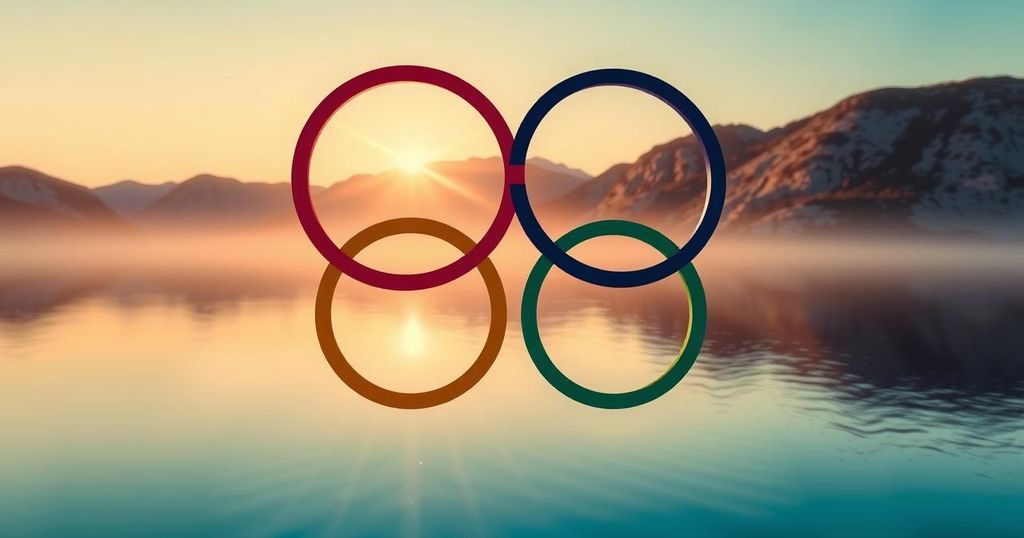Jamaica’s Sprint Legacy in Peril: A Disappointing Turn at the 2024 Olympics
Summary
Jamaica’s sprint team faced unprecedented challenges during the Paris 2024 Olympics, marked by injuries to key athletes Elaine Thompson-Herah and Shericka Jackson, alongside organizational missteps that diminished performances. Conversely, there was unexpected success in field events, signaling a need for comprehensive support and strategic planning to reinvigorate the nation’s storied track and field reputation going forward.
Jamaica, once a dominant force in Olympic sprinting, is experiencing a challenging period during the Paris 2024 Summer Olympics, leading to speculations about the nation’s preparedness for similar international formats. The troubles began with the injury of Elaine Thompson-Herah, a previous Olympic champion, who was sidelined from competing for the third consecutive time in the sprint events. Shericka Jackson, deemed her successor, further compounded Jamaica’s woes by withdrawing from her events due to an undisclosed injury, leaving the country’s hopes relying mainly on the legendary Shelly-Ann Fraser-Pryce. Fraser-Pryce faced an unfortunate incident that prevented her participation; she, along with another competitor Sha’Carri Richardson, was denied entry to the stadium because of a miscommunication regarding transport. Fraser-Pryce later withdrew from the 100m event, citing injury, and subsequently from the 4x100m relay, marking a disappointing conclusion to her Olympic career. On the men’s side, performances were equally lackluster. Oblique Seville struggled with a groin injury while competing in the 100m, and Kishane Thompson narrowly missed a medal in a photo-finish that left Jamaican fans disappointed. Their relay team, which had not missed the final in twenty years, finished fourth due to two poor handoffs, further contributing to a grim performance for Jamaican sprinting. Despite these setbacks, Rasheed Broadbell earned a bronze medal in the 110m hurdles, but the unprecedented success of Jamaican athletes in field events has overshadowed the sprint team’s traditionally celebrated role. Rojé Stona led the way with a gold in the discus, supported by medals from Rajindra Campbell and Wayne Pinnock in shot put and long jump, respectively. The apparent shift in Jamaica’s athletic strengths highlights the ongoing need for a reevaluation of the nation’s sporting strategies, especially as the legacy of sprinting icons like Usain Bolt becomes increasingly distant. While younger athletes like Thompson and Seville show promise, the imminent challenge will be for Jamaica to embrace its newfound success in field events and invest strategically in maintaining a competitive edge across a broader spectrum of track and field disciplines. In light of these developments, the nation’s athletic governing bodies must prioritize comprehensive support for all athletes, ensuring that any zeal for examination does not preclude the equitable development of talents off the track. The 2024 Olympics serve as a crucial turning point for Jamaica; it is essential that the momentum from its current field event successes translate into a sustainable future for the nation’s storied athletics scene.
This article examines Jamaica’s performance during the 2024 Summer Olympics, particularly focusing on the country’s strong history in track and field disciplines and the unexpected struggles faced by its sprinting teams. With past successes, Jamaica had often dominated the sprinting scene, making the current challenges all the more pronounced. Personal athlete struggles, organizational missteps, and an unforeseen pivot towards field events merit analysis to inform potential strategies moving forward. Given Jamaica’s rich sporting heritage and the critical role that athletics play in the nation’s identity and opportunities for youth, the focus remains on addressing perceived shortcomings in governance and athlete support.
In conclusion, Jamaica’s sprinting teams have encountered a profoundly disappointing period during the Paris 2024 Games, which starkly contrasts with the nation’s illustrious athletic history. Prominent injuries, organizational blunders, and a reliance on past legends cast a shadow over current performances. Meanwhile, the nation’s field athletes have exceeded expectations, indicating potential areas for growth. As Jamaica reconciles these challenges, it stands at a pivotal moment, needing to recalibrate its approach to athlete development and support across all events to sustain its status in global athletics.
Original Source: www.theguardian.com








Post Comment